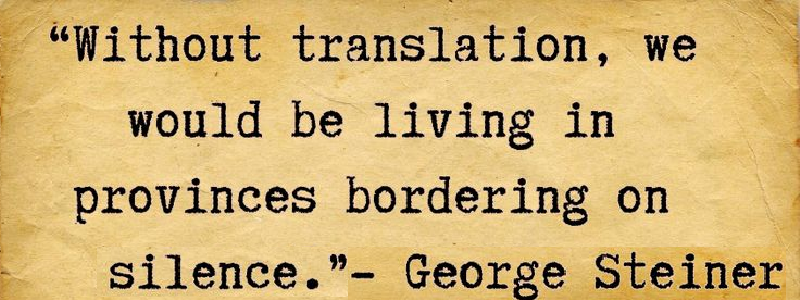Many authors use many different types of narrative techniques in order to portray their idealized goal to their readers. “Stream of consciousness” is a specific narrative technique that takes the reader into the character’s mind in order to fully in capture the character’s sensations, all leading to their five senses. This then allows the reader to tap into the character’s “train of thought”, which can be quite different than first-person narration, as this technique can seem more raw and un-cut, giving the reader a more authentic view on the character’s mental state. Most authors however use this technique through third-person narration where it seems as though the character has taken over through a monologue.
 In The Thief and The Dogs, the use of this technique was quite evident throughout the novel and highlighted extremely significant moments in the novel. As Mahfouz was the pioneer of using this technique in Arabic literature, he still uses third-person omniscient narration, but breaks away in specific moments, combing both techniques and styles. As mentioned before, primarily Mahfouz uses an interior monologue to truly dive deep into Said’s mind and his motivations for his actions. As most of the monologues are quite spastic and unorganized, this gives a reader an insider look on Said’s deteriorating mental state. Through this Mahfouz is able to characterize Said’s feelings of revenge and betrayal, allowing the audience to sympathise with this complex character.
In The Thief and The Dogs, the use of this technique was quite evident throughout the novel and highlighted extremely significant moments in the novel. As Mahfouz was the pioneer of using this technique in Arabic literature, he still uses third-person omniscient narration, but breaks away in specific moments, combing both techniques and styles. As mentioned before, primarily Mahfouz uses an interior monologue to truly dive deep into Said’s mind and his motivations for his actions. As most of the monologues are quite spastic and unorganized, this gives a reader an insider look on Said’s deteriorating mental state. Through this Mahfouz is able to characterize Said’s feelings of revenge and betrayal, allowing the audience to sympathise with this complex character.
Mahfouz does not stick with one style, and through the novel he is switching back and forth between narration and Said’s conscious. This allows the reader to understand the actions of Said’s and his motivations behind them. An example from the book is when Said is released from prison, he mentions that he describes himself as a “man who can dive like a fish, fly like a hawk, scale walls like a rat, pierce solid doors like a bullet!”. This continuous use of animal imagery to invite the audience to view Said’s animalistic nature can also be seen when he sneaks into Rauf’s house, “like a cat creeping on its belly toward a bewildered sparrow”. Mahfouz choosing to use animalistic imagery is to reflect Said’s behavior as barbaric, further highlighting that Said has not yet adapted to the new Cairo.
When the reader dives deeper into the novel it can be seen that Said’s thirst for revenge change the way his thoughts read on paper, making them become more violent and cruel. When Said is delivering his monologue he is read to have more hatred towards the secondary characters and develop a greater motivation for crime. This allows the reader to stay on their feet during the novel as they await for Said’s next action. This blend of third-person omniscient and stream of consciousness contrast, as many times throughout the book, Said will tell a different side of what will actually happen. For example, when he was describing himself as an excellent thief, “You’ll get away without a scratch, just as easily as you have scores of times: you can scale an apartment building in seconds, jump unhurt from a third-floor window—even fly if you wish!” This is then ironic when the reader finds out, through third-person omniscient, that he in fact failed to rob Rauf’s house.
The use of stream of consciousness was very purposeful for Mahfouz as the context played a very important role. Mahfouz aimed to establish the confusion that was found post-revolutionary period in Egypt. To do this, he integrated stream of consciousness to allow the reader to tap into that same confusion that the character was feeling at the time, through his thoughts and emotions.
When looking at Things Fall Apart, by Achebe, it can be seen that both authors have used third-person omniscient. In Things Fall Apart, unlike Mahfouz, Achebe enraptured the character’s thoughts and emotions through third-person narration. This is done by consistency changing the narration between the characters as it begins with Okonkwo, then Ikemefuna, then Nwyoe, finally then the District Commissioner. Achebe does this in order to tell the story with multiple perspectives and insights. He was very aware of the dangers of a “single-story” and continuously tried to gear away from those elements, by including different characters’ opinions and sides. This can also be seen in Mahfouz’s novel, but Mahfouz mostly uses Said as a catalyst to the readers’ understanding of the3 secondary characters.





